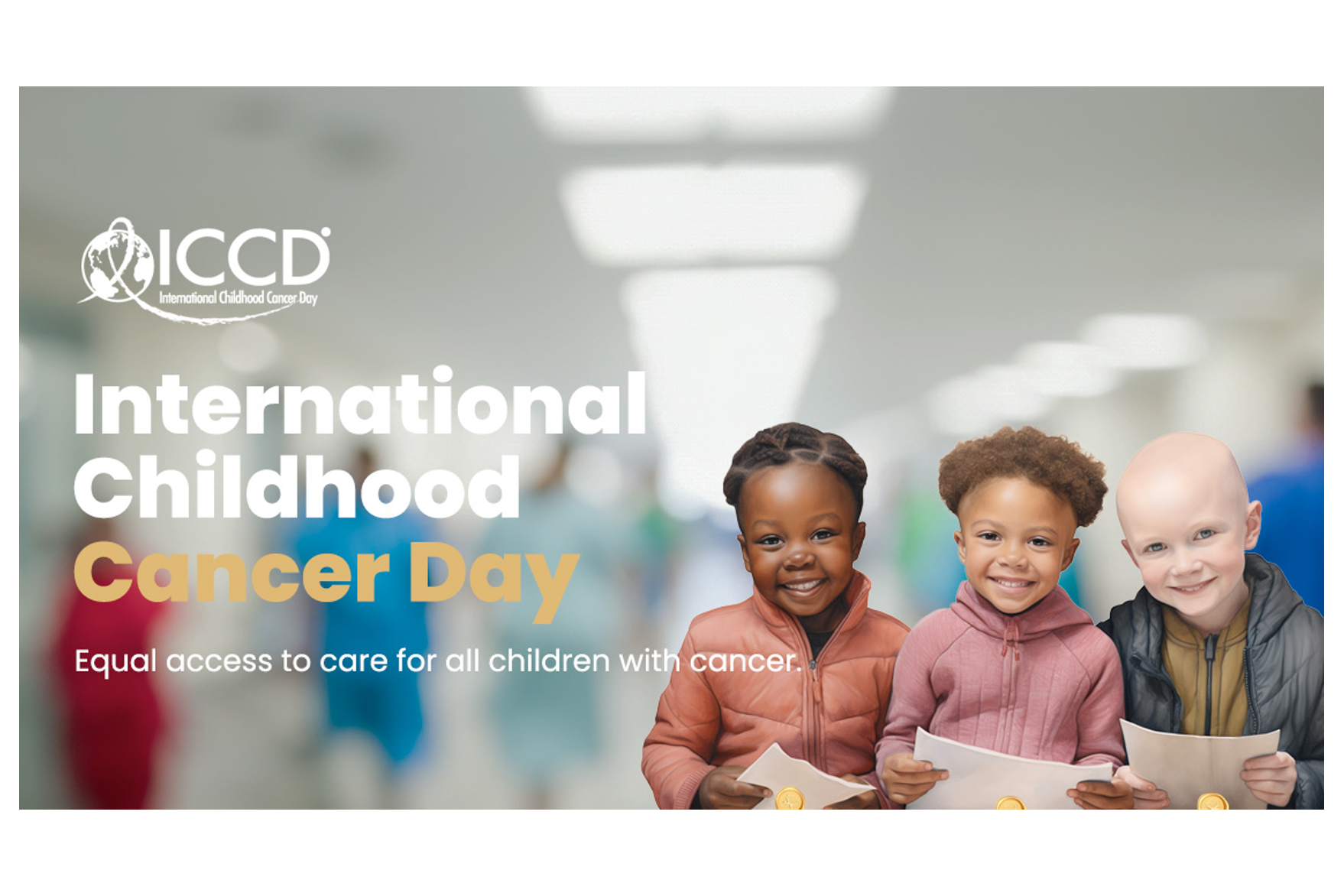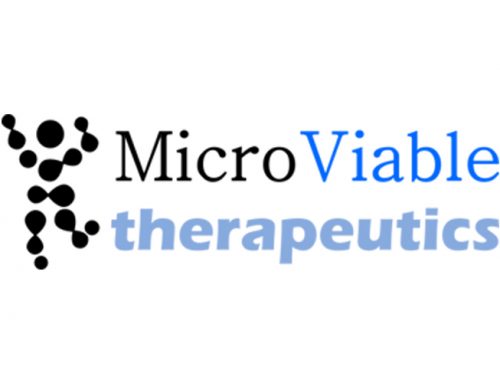Today, February 15, is International Childhood Cancer Day (ICCD), a global collaborative campaign to raise awareness about childhood cancer and to express support for children and adolescents with cancer, the survivors, and their families.
In recent years, pediatric oncology has witnessed remarkable progress and the treatment options to combat childhood cancer have offered new hope to the affected families. The extensive research in developing more effective and less toxic treatments, such as targeted therapies, immunotherapies and precision medicine, has helped to considerably improve the survival rates for many types of childhood cancers. Moreover, these advancements have enabled healthcare providers to tailor treatments according to the genetic profile of each tumor, which has, in turn, helped enhance efficacy while minimizing adverse effects.
On the other hand, available evidence seems to indicate that modulating the composition of the gut microbiota to improve the efficacy of anti-cancer drugs may be feasible. However, intricate complexities exist, and a deep and comprehensive understanding of how the human microbiota interacts with cancer is critical to realize its full potential in cancer treatment.
At Microviable we join the campaign to raise awareness in the world and close the gap in cancer care, which is the central theme of this year’s Day.



